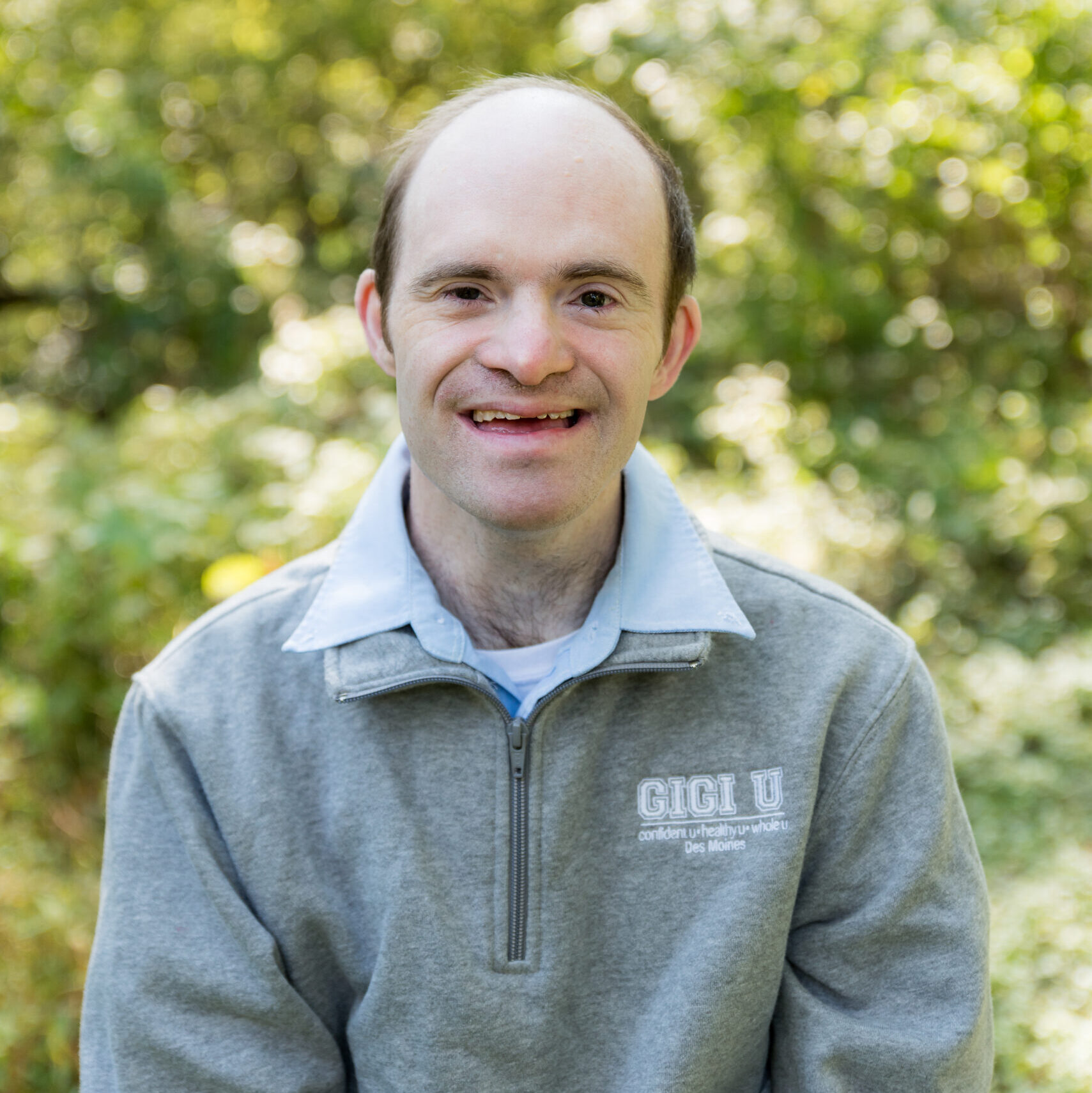
We need Congress to invest in a reliable, robust Medicaid workforce — because without it, people like Joel are left vulnerable.
Kay Marcel lives in Urbandale, Iowa, where she and her husband have spent a lifetime ensuring their son Joel can live a full, safe, and meaningful life. Joel is 46 years old and has Down syndrome, along with several health conditions that require daily monitoring and consistent care.
Through Iowa’s Medicaid Home and Community-Based Services (HCBS) waiver program, Joel receives the critical support that allows him to live independently in his own home. These services go far beyond basic care — they make it possible for Joel to be part of his community. He works part-time at Coffee Cats in West Des Moines, where he’s a valued team member, and he participates in local activities that enrich his life.
“These supports allow Joel to live with dignity and purpose,” Kay says. “They help him be independent, productive, and integrated into the community.”
But Kay worries about what will happen if Medicaid funding is cut or turned into a block grant. “Any reduction would jeopardize Joel’s care, and he already needs more support than we can currently access,” she explains. “If funding is slashed, those services could be reduced or even eliminated.”
The consequences of those cuts would be devastating. Joel takes daily medications that need careful monitoring. A shrinking Medicaid workforce and fewer resources would put his health and safety at risk along with the well-being of thousands of other Iowans with disabilities.
Kay’s concern is deeply personal, and it’s urgent. “Like all parents of children with disabilities, we worry about the future, especially what happens when we’re no longer here. But now, I’m also worried about today.”
She’s seen the strain placed on the system and the workers who provide these essential services. “We need Congress to invest in a reliable, robust Medicaid workforce — because without it, people like Joel are left vulnerable.”
Kay’s invitation to lawmakers is heartfelt: “Come visit Joel. See his home. Meet him at work. Spend just a few minutes with him, and you’ll see what these services make possible. He’s engaging, caring, and full of life. And he deserves to keep living that life — just like anyone else.”
Add your voice to help us continue to push for the best health and health care for all.
SHARE YOUR STORY